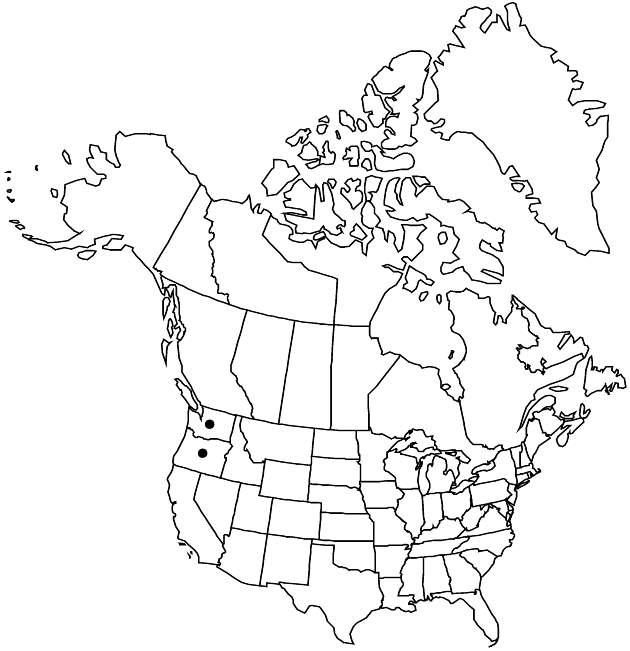Difference between revisions of "Packera flettii"
Phytologia 49: 46. 1981.
FNA>Volume Importer |
imported>Volume Importer |
||
| (2 intermediate revisions by 2 users not shown) | |||
| Line 8: | Line 8: | ||
}} | }} | ||
|common_names=Flett’s ragwort | |common_names=Flett’s ragwort | ||
| + | |special_status={{Treatment/ID/Special_status | ||
| + | |code=E | ||
| + | |label=Endemic | ||
| + | }} | ||
|basionyms={{Treatment/ID/Basionym | |basionyms={{Treatment/ID/Basionym | ||
|name=Senecio flettii | |name=Senecio flettii | ||
| Line 52: | Line 56: | ||
|publication title=Phytologia | |publication title=Phytologia | ||
|publication year=1981 | |publication year=1981 | ||
| − | |special status= | + | |special status=Endemic |
| − | |source xml=https:// | + | |source xml=https://bitbucket.org/aafc-mbb/fna-data-curation/src/2e0870ddd59836b60bcf96646a41e87ea5a5943a/coarse_grained_fna_xml/V19-20-21/V20_1308.xml |
|tribe=Asteraceae tribe Senecioneae | |tribe=Asteraceae tribe Senecioneae | ||
|genus=Packera | |genus=Packera | ||
Latest revision as of 19:59, 5 November 2020
Perennials, 10–40+ cm; rhizomatous (rhizomes horizontal to erect). Stems 1 or 2–5 (often scapiform), loosely clustered, glabrous or leaf axils sparsely hairy. Basal leaves (and proximal cauline) petiolate; blades obovate to ovate or sublyrate, 30–60+ × 10–40+ mm, bases tapering, margins deeply dissected or pinnatifid, ultimate margins crenate to crenate-dentate. Cauline leaves abruptly reduced or 0 (sessile; ovate to obovate, dissected or pinnatifid). Heads 4–10+ in subumbelliform cymiform arrays. Peduncles inconspicuously bracteate or ebracteate, glabrous. Calyculi 0 or inconspicuous. Phyllaries (8–)13, light green (tips yellowish), 4–7 mm, glabrous. Ray florets 5 or 8; corolla laminae 5–10 mm. Disc florets 20–30+; corolla tubes 2.5–3.5 mm, limbs 2.5–3.5 mm. Cypselae 1–1.5 mm, glabrous; pappi 4–4.5 mm. 2n = 40.
Phenology: Flowering early Jul–mid Aug.
Habitat: Exposed slopes, rocky or gravelly soils
Elevation: 700–2000 m
Discussion
Packera flettii is known from the Olympic Mountains and near Mt. Rainer in Washington and coastal mountains of Clatsop County, Oregon. It has a chromosome number unique in the genus and is not known to hybridize with other species of Packera.
Selected References
None.
